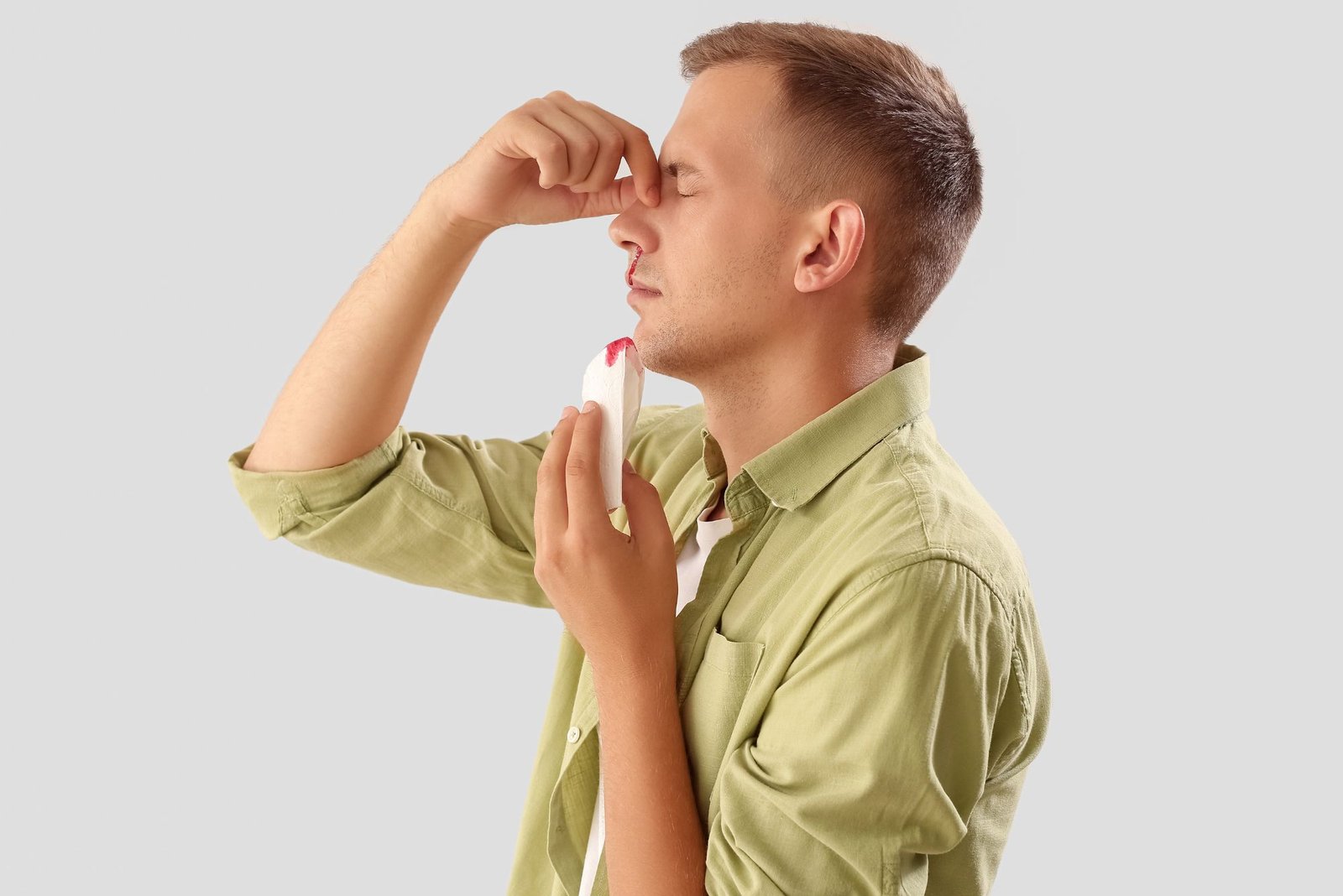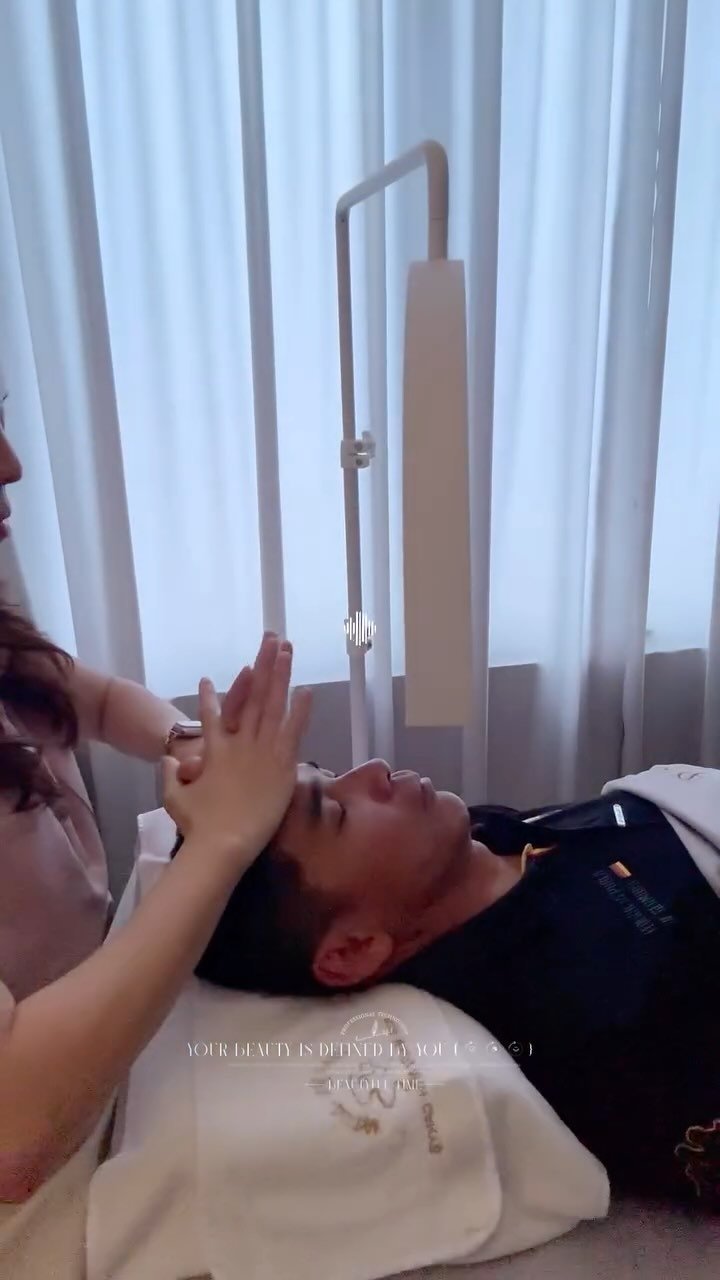Nosebleeds are common, but when they persist, they can be frustrating. If the bleeding just won’t stop, it can be unsettling and confusing. So, what should you do if you’re faced with a nosebleed that won’t stop? How can you handle it effectively? This article offers practical tips to stop nosebleeds quickly and help you regain control.
Why Won’t the Nosebleed Stop?

Before figuring out how to stop a nosebleed, it’s helpful to understand why it’s happening. Some of the most common reasons include:
- Dry Air: Especially during colder months, dry air can dry out the nasal passages and weaken blood vessels, leading to bleeding.
- Blowing Your Nose Too Hard: Forcefully blowing your nose can burst small blood vessels inside the nostrils.
- Trauma: A blow to the nose or a hard sneeze can damage blood vessels and cause bleeding.
- High Blood Pressure: When blood pressure is high, it puts extra pressure on nasal blood vessels, which can lead to rupture.
- Blood Disorders: Certain conditions, like blood clotting disorders, make it harder to stop bleeding, causing frequent nosebleeds.
Knowing the cause helps in managing a persistent nosebleed effectively.
How to Stop a Nosebleed?
If your nosebleed won’t stop, the first thing is to stay calm. Panicking can make things worse. Sit up straight, keeping your head slightly tilted forward to avoid blood running down the back of your throat. Pinch your nostrils together for about 5-10 minutes to apply pressure and stop the bleeding.
You can also try cold compresses on the nose or the back of your neck to constrict blood vessels and reduce bleeding. If your nose feels dry, using a saline spray can soothe the area and help stop the bleeding.
Quick Tips to Stop Nosebleeds Fast

When you need to stop a nosebleed quickly, besides applying pressure and cold compresses, you can apply a little petroleum jelly inside your nostrils to keep the area moist. Avoid rubbing or blowing your nose, as this can make the situation worse.
How to Prevent Frequent Nosebleeds?
If you’re prone to frequent nosebleeds, there are a few things you can do to prevent them.
- Moisturize the Air: Use a humidifier to prevent nasal passages from drying out.
- Be Gentle When Blowing Your Nose: Blowing too hard can damage blood vessels, so blow gently.
- Stay Healthy: Managing stress and maintaining a healthy lifestyle can help reduce the frequency of nosebleeds.
Foods to Help Prevent Nosebleeds
Eating certain foods can reduce the risk of nosebleeds. What foods are good for nosebleeds? Foods rich in Vitamin C, like oranges and spinach, help strengthen blood vessels, while foods high in Vitamin K, such as kale and broccoli, promote blood clotting and help prevent bleeding.
When Should You Seek Medical Help?
Most nosebleeds can be treated at home, but if they persist for more than 20 minutes or if you feel weak or dizzy, it’s time to see a doctor. Frequent nosebleeds that are difficult to control may require medical attention to rule out underlying conditions.
How To Treat a Nosebleed: How To Treat A Nosebleed










